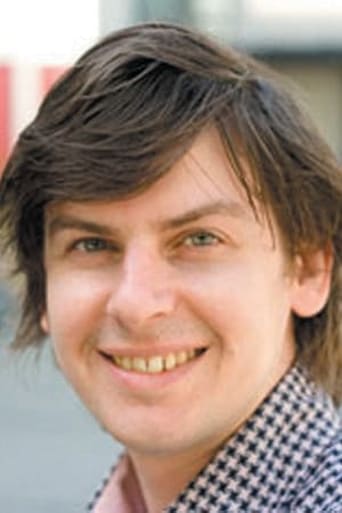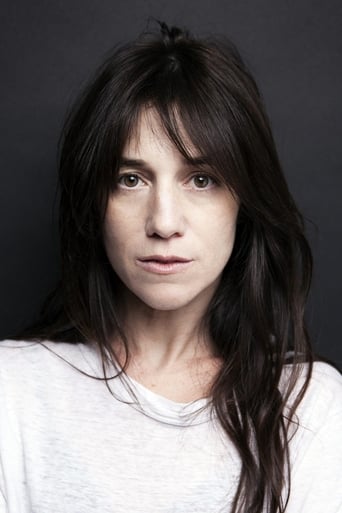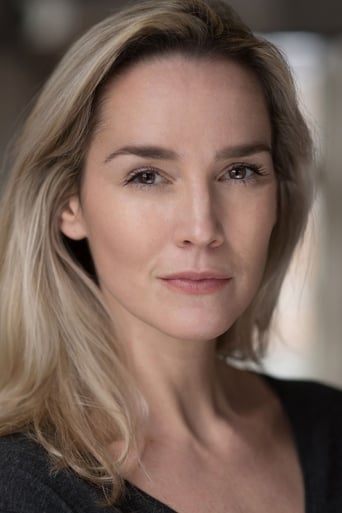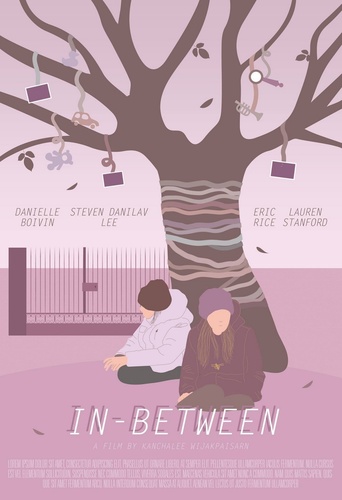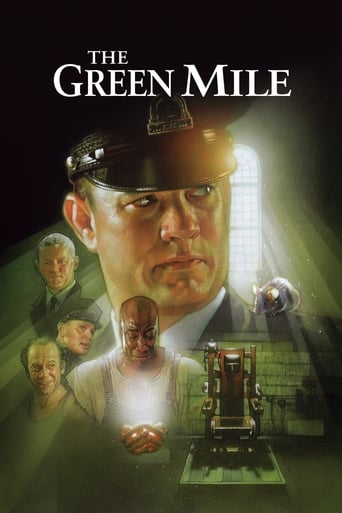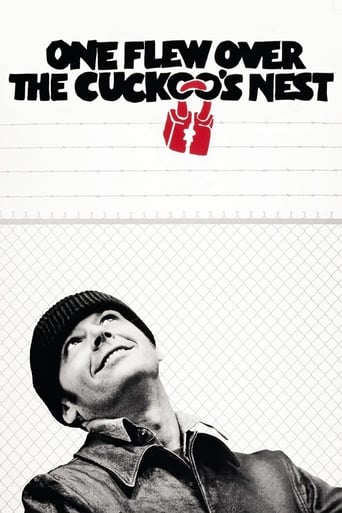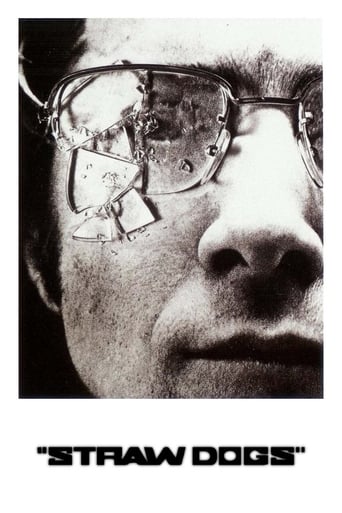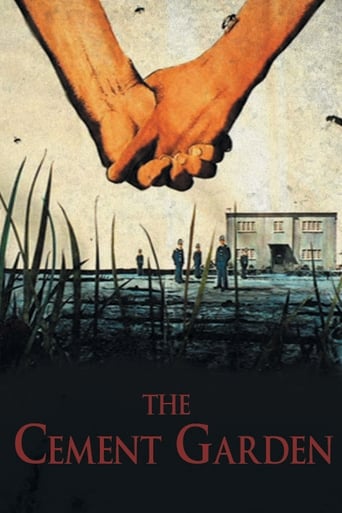
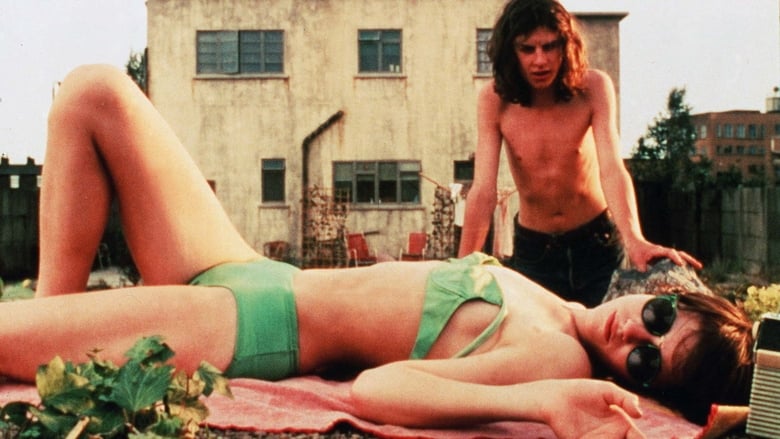
The Cement Garden (1993)
After the death of her husband, the mother of Julie, Jack, Sue and Tom begins to suffer from a mysterious illness. Aware that she is going to have to go into hospital she opens a bank account for the children, so that they can be financially self-sufficient and will be able to avoid being taken into care by the authorities. Unfortunately she also dies and Julie and Jack (the older, teenage children) decide to hide her body in the basement so that they can have free reign of their household. Soon Tom has taken to dressing as a girl whilst Sue has become increasingly reticent, confiding only to her diary, meanwhile Jack and Julie sense an attraction developing for each other. However Julie's new beau, Derek, threatens to unearth the many dark secrets within this family as he becomes increasingly suspicious of Jack.
Watch Trailer
Cast
Similar titles

Reviews
Great Film overall
For all the hype it got I was expecting a lot more!
Am i the only one who thinks........Average?
Yo, there's no way for me to review this film without saying, take your *insert ethnicity + "ass" here* to see this film,like now. You have to see it in order to know what you're really messing with.
Based on the 1978 novel of the same name by Ian McEwan, Andrew Birkin's' screen adaptation of The Cement Garden is about masculine and social decay, and the power of female sexuality against the fragmentation of masculine dominance. Contained within the backdrop of a crumbling concrete landscape on the outskirts of town, a family home, block-like, grey and characterless seems to erupt from the ground which only sees plant life protruding from small cracks in the manufactured ground. In the opening the father (Hanns Zischler) of the isolated family is concreting over what plant life exists in their garden, but his evident ill-health (represented as a spluttering pipe-smoker) causes a heart attack, killing him. During this scene the film cuts from the impending heart attack to the increased masturbatory climax of eldest son, Jack (Andrew Robertson), a 16 year old who is clearly sexually frustrated, and is detached from the rest of the family. Just weeks later the mother (Sinead Cusack) dies of a mysterious illness, but on her death bed she speaks of orphanage's and fragmentation of the four children to her eldest, Jack and Julie (Charlotte Gainsbourg).Not wanting to comply with the social structures of adoption and social services, Jack and Julie decide to bury the mother themselves in a block of cement in the basement. The eldest two vie for control over the siblings, acting as surrogate parents, but Julie, also at the stage of teenage-era where she is learning to use her sexuality to control and influence men. She plays against Jack's frustration by teasing him, sexually luring him to gain female dominance over the family. This idea of female sexual dominance is presented in the cross dressing whims of youngest child, Tom (Ned Birkin), who plays at being Julie with his friend (who consequently play-acts as Jack. Tom wears his mothers dress and a blond wig. After the death of the parents, the only adult presence is a slimy, business-dress, convertible sports car driving, Derek (Jochen Horst). A friend of Julie's, Derek is another masculine object that Julie is attempting to break down with her sexual teasing, but he becomes increasingly suspicious of the smell coming from the basement. After a confrontation, where Jack step up to become the man of the household, Derek is sent away, and Julie has her brother where she wants him.The Cement Garden goes into some incredibly dark places, touching on incest and young sexual control. The film is also self-contained in its setting, and this isolation, and the very man made environment give the film substance and depth. This backdrop also juxtaposes the characters ideas of what natural is. Nature in this place is absent, so Julie and Jack's own perception of nature is skewed. Outside and inside the house everything external to their emotions are falling apart and rotten, and inevitably this decomposition (also of the mothers dead body) influences their ideas of natural acts - culminating in incestuous activities. The acting is superb, with Gainbourg's sexually promiscuous, flirting character she is seduction incarnate, and Robertson's detached, w*****g teenager, is rife with sweaty, greasy complexion and brooding, on-the- edge-of-explosion sexual charge. It is not a beautiful film, but the culmination of all these elements creates a daring and alarming drama that highlights the symbiosis of place and human nature.www.the-wrath-of-blog.blogspot.com
The Cement Garden Andrew Birkin's film has it all: intense characters, controversial situations and unusual concepts, which shouldn't come as a surprise if we keep in mind that it's based upon a novel by Ian McEwan. The protagonists are Jack, a 16 year-old boy and Julie, his sister, barely a couple of years older; then come the youngest sister and the youngest brother. The four of them live with their parents, in a somehow bleak house, completely isolated from other neighborhoods.Jack spends most of his time avoiding his home duties, such as cleaning up his room, and instead devotes most of his hours in a secluded spot in which he hides a worn out adult magazine and toilet paper. His mother actually confronts him and tells him, following the pseudo-scientific approach from Victorian age (which Foucault so aptly analyzed in his History of sexuality), that his moodiness and messiness is a direct result of self-abuse, and that should he continue practicing that he would end up extenuating his body.One afternoon, the father is pouring cement into the garden and asks Jack for help, but while the father keeps working on the garden, the young boy is in the bathroom masturbating enthusiastically, with precise visual transitions, the director manages to apprise the moment of Jack's orgasm with the last breadth of the father, as he succumbs to a heart attack. Later on, Jack will tell to his sister "Besides... not my fault he died", answering a question that no sibling had dared to ask up to that moment.The absence of the father marks the downfall of the family. The mother is unable to step out of her room, depressed as she is, and order and discipline soon turns into chaos and disarray. It's in this context that the constant taunting between Jack and Julie turns into something else. What at first begins as innocent flirtations soon brings up more tantalizing repartees. In one occasion, while Jack is on top of Julie, tickling her, she starts grabbing him in a very distinct manner and comes to an orgasm.As the mother falls deeper into depression and illness, the fear of being discovered is diluted and thus the incestuous fantasy acquires a firm grasp on reality. As Lacan analyzed in his Antigone seminar, the death drive moves the Greek heroine towards the desire invested exclusively around the body of her deceased brother. In "The Cement Garden", the protagonists start cajoling themselves around this death drive that disappears and leaves only a very real desire and a very real erotic drive. "My brother is what he is" would say Antigone, and in a similar way Jack will tell her sister that if people love him then they will take him as he is.In Ancient Greece the term "autadelphos" (autos: "same"; adelphos: "sisterly," related to delphus: "womb") would mean something irreplaceable. As Antigone says in Sophocles' play, if she would lose her children she could always get pregnant again, if she would lose her husband she could always find another man, but if she loses her brother, who could possibly replace him? They are, after all, creatures that have shared the same womb and nothing can compare to that. In a similar fashion, the passion between Jack and Julie defies all social norms and regulations. They are irreplaceable for each other, and as the house starts falling apart, they start getting closer and closer.The absence of the father also means the absence of the nom de pere, the ultimate authority that inscribes the subject into society, that commands his offspring to occupy the male or female position in the symbolic order. Without this authority, male and female positions are interchangeable whether ideologically or practically, as it's made evident by the authority invested upon Julie, who has the full responsibility of being in charge of the house (a role that would be traditionally ascribed to a male), or by the youngest brother's obsession in wearing wigs and skirts, not only dressing up as a girl but also sleeping on the bed with another boy his age, pretending to be Julie and Jack. When Jack intends to stop this peculiar practices, Julie has but one answer for him: "You think that being a girl is degrading but secretly you'd love to know what is it like, wouldn't you?", and in a very tantalizing way places a most effeminate ribbon on his brother's neck.Crossing all boundaries, subverting the heterosexual normative and assuming incest as something that feels natural and real, Birkin's film announces from the very beginning a dreadful end; perhaps it would be interesting to compare the novel's ending with the one in the film, because after all, once all is said and done, as Lacan would phrase it " is important to note that one only has to make a conceptual shift and move the night spent with the lady from the category of pleasure to that of jouissance, given that jouissance implies precisely the acceptance of death — and there's no need of sublimation — for the example to be ruined".
I saw this on Filmfour last night, and thought it was quite interesting. Do not wanna give away too much spoilers, but basically both parents in a family die, and the kids decide to make a go of it on their own. You are not given much hints as to the passage of time, but you can see the house, and the garden from the title, falling into greater disrepair. None of the kids have jobs, so you wonder how they are surviving. And through it all a series of bizarre events and things they would not get up to with their parents around happen. There are also a few elements of escapism, for instance cuts to grainy 1970's-looking cinecam film of the family in happier days at the seaside, and the (beautiful) main character (i will also add you get to see him topless and naked a lot..heh) reading a sci-fi story book, which is narrated out loud by the kind of voice that would have been used for old "Flash gordon" episodes. All else i can really say is SEE IT!Tally: Sex: 6/10 (quality not quantity!), Drugs: 0/10, Rock 'n roll: 2/10, Classic cars: 6/10 (see sex), Zombies: 0/10, Gore: 0/10
It's a real pity that 'Name Of The Rose' scriptwriter Andrew Birkin hasn't directed anything since 'The Cement Garden' if this puzzling and disturbing movie is any indication of his talent. Birkin also wrote this superb adaptation of Ian McEwan's perverse and haunting novel. A hypnotic study of a family of children left to fend for themselves, while wrestling with their forbidden desires and obsessions, it crosses over into almost Ballardian territory. The casting of Andrew Robertson and Charlotte Gainsbourg as the androgynous older siblings is the main reason why this odd movie is so successful. To add to the incestuous overtones, Gainsbourg is Birkin's niece, and first gained notoriety duetting with her legendary father Serge on a pop ditty titled "Lemon Incest" while barely in her teens. The layers continue by Birkin casting his own son Ned as the younger cross-dressing brother. This is a very strange and beautiful movie. Highly recommended.
